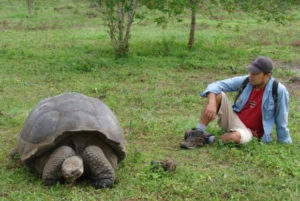Meet The Team
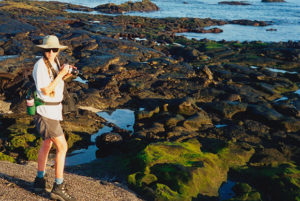
Marnie fell in love with the Galapagos on her first trip to the islands in 1973, when there was just one tour boat. She returned over 25 years later and was stunned by the impacts of human development and introduced species.
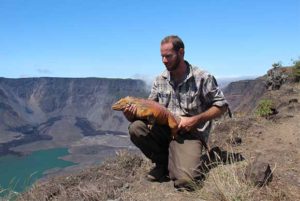
In recent years, Jono’s work has lead him to the Galapagos Islands where he has been involved in numerous different wildlife conservation projects such as monitoring land iguana, mocking birds and albatross, catching hawks during a island rat eradication and most recently, climbing trees to get eggs of the Critically Endangered mangrove finch so they can be captive reared. These experiences have meant that the Galapagos Islands are now very close to Jono’s heart and he has a strong desire to return and help with the many issues that the Galapagos’ ecosystem faces. New Zealand and the Galapagos both share similar dilemmas in regards to mammalian invaders and therefore Jono believes that his knowledge and experience can be put to good use in helping to save the unique wildlife of the “enchanted islands”.
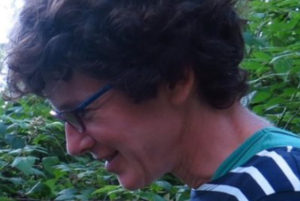
Rachel believes in the need to find pragmatic solutions for conservation problems that will work in the long term. and is still involved in helping identify a biological control agent for Rubus niveus, one of the worst invasives affecting Galapagos.
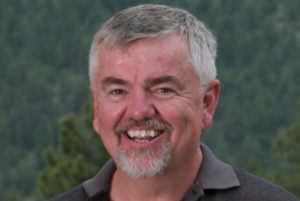
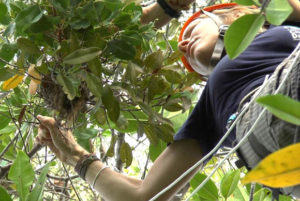
Francesca lived permanently in the Galapagos for seven years as the Mangrove Finch Project leader. During her time there she initiated and coordinated the intensive conservation management (captive rearing and release into the wild) currently needed to ensure the survival of the Critically Endangered species.
Francesca moved back to New Zealand in 2016 where she remains involved with the Mangrove Finch Project as having a part time job with Forest and Bird, New Zealand’s oldest conservation NGO, where she is working to re-establish breeding colonies of seabirds which historically nested on the mainland.
Francesca is honoured and excited to be part of Galapagos Conservation Action and after having worked first hand to try and preserve one Galapagos endemic species, she has a lifelong commitment to the conservation of the islands and the species which live there.
